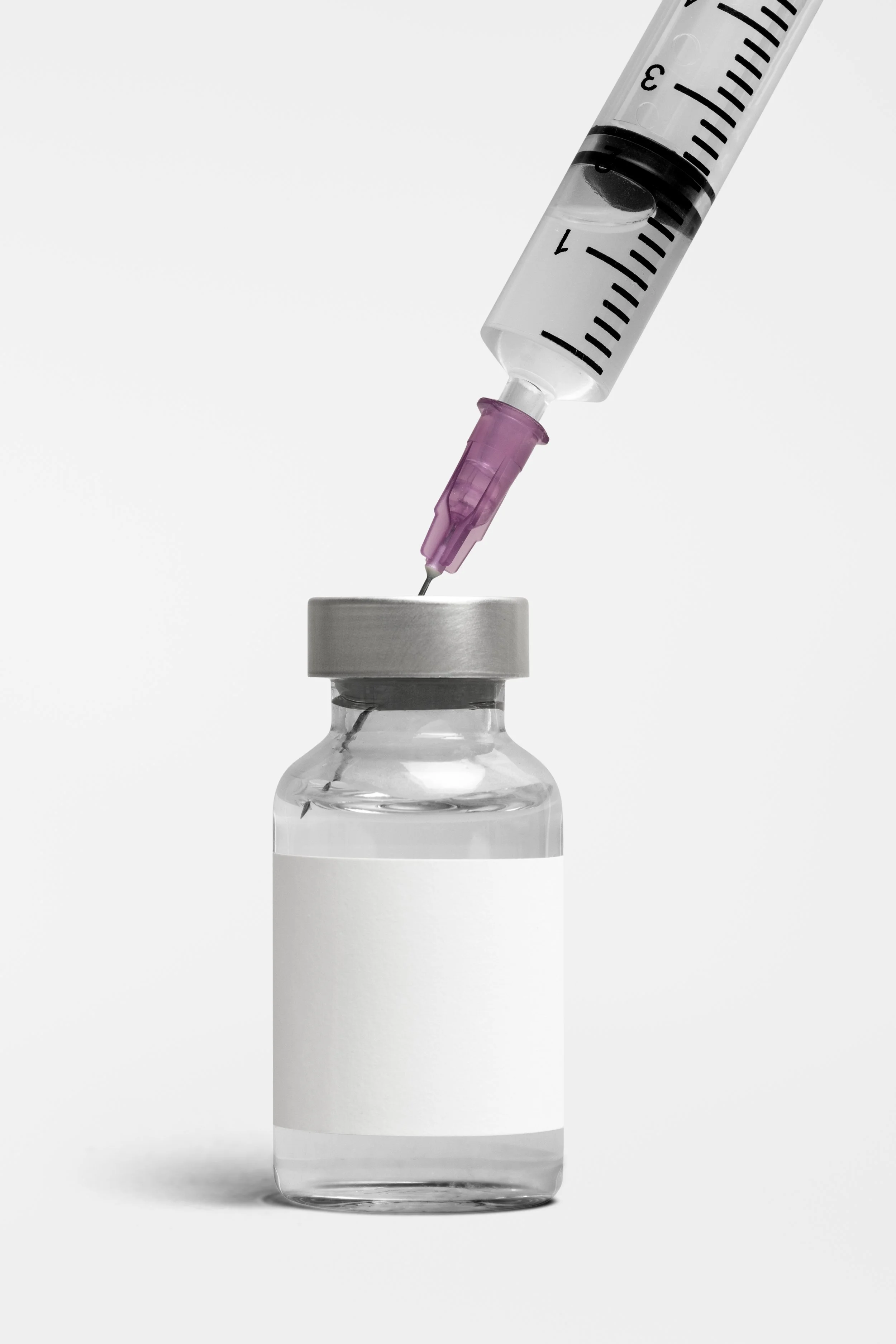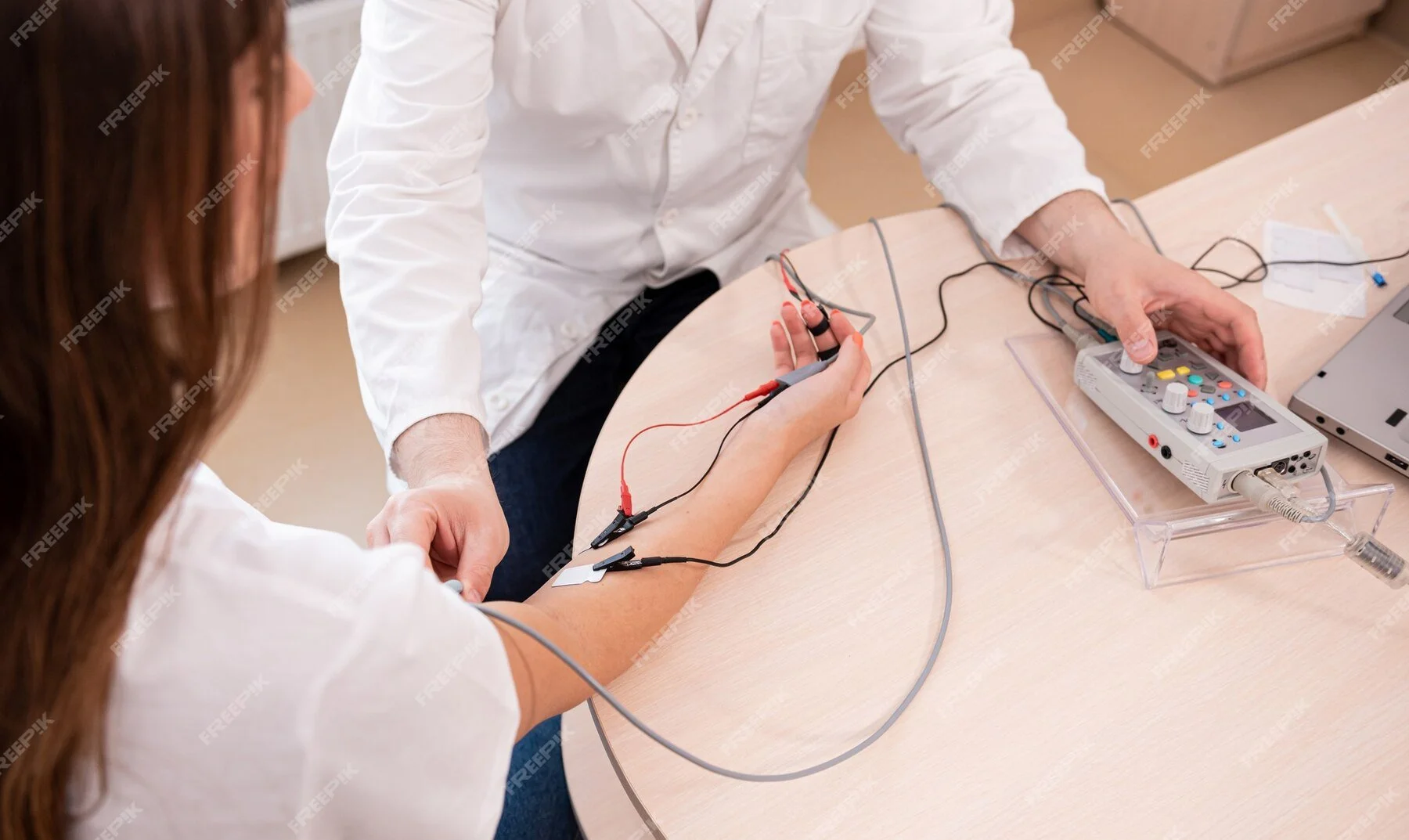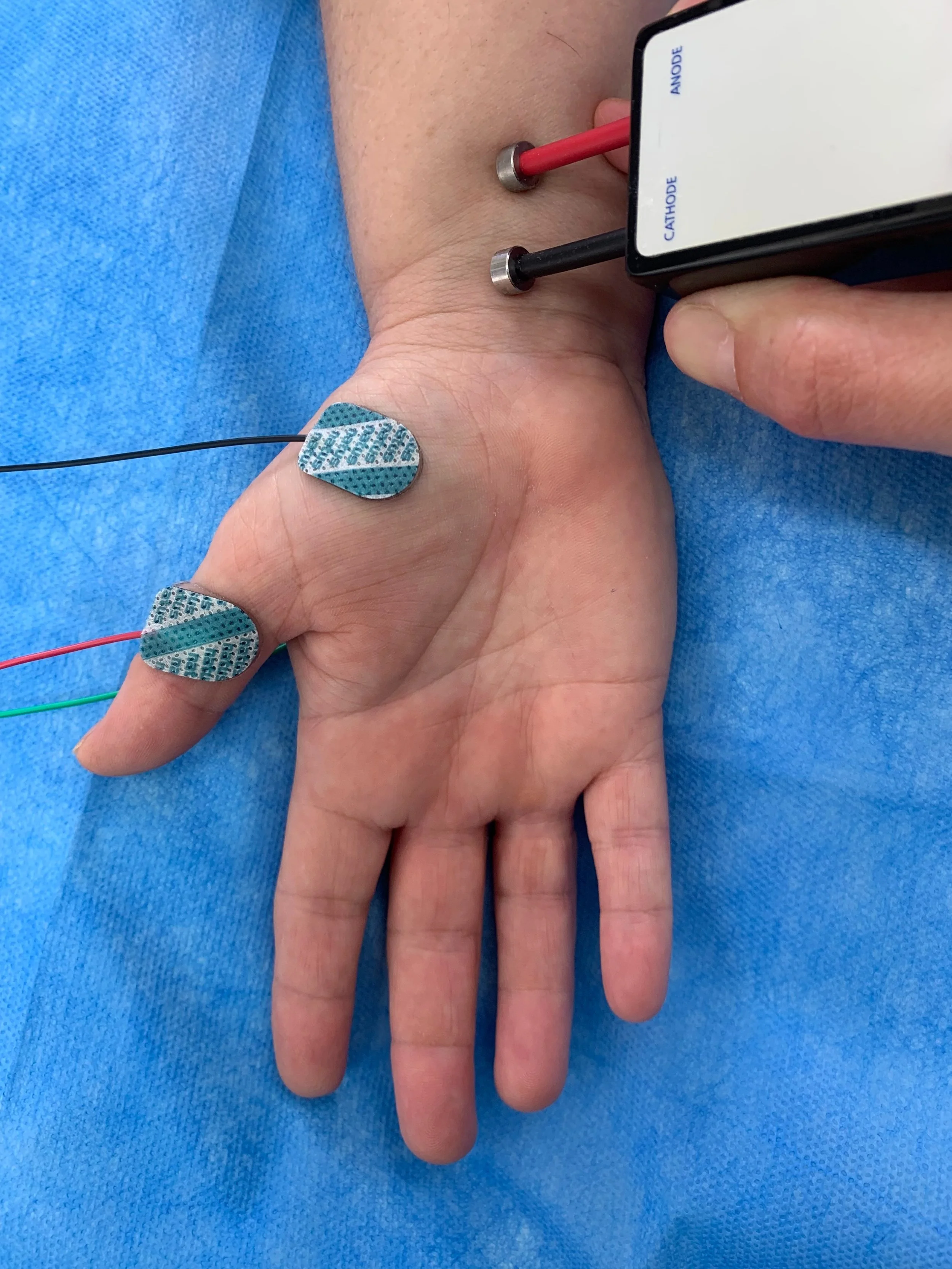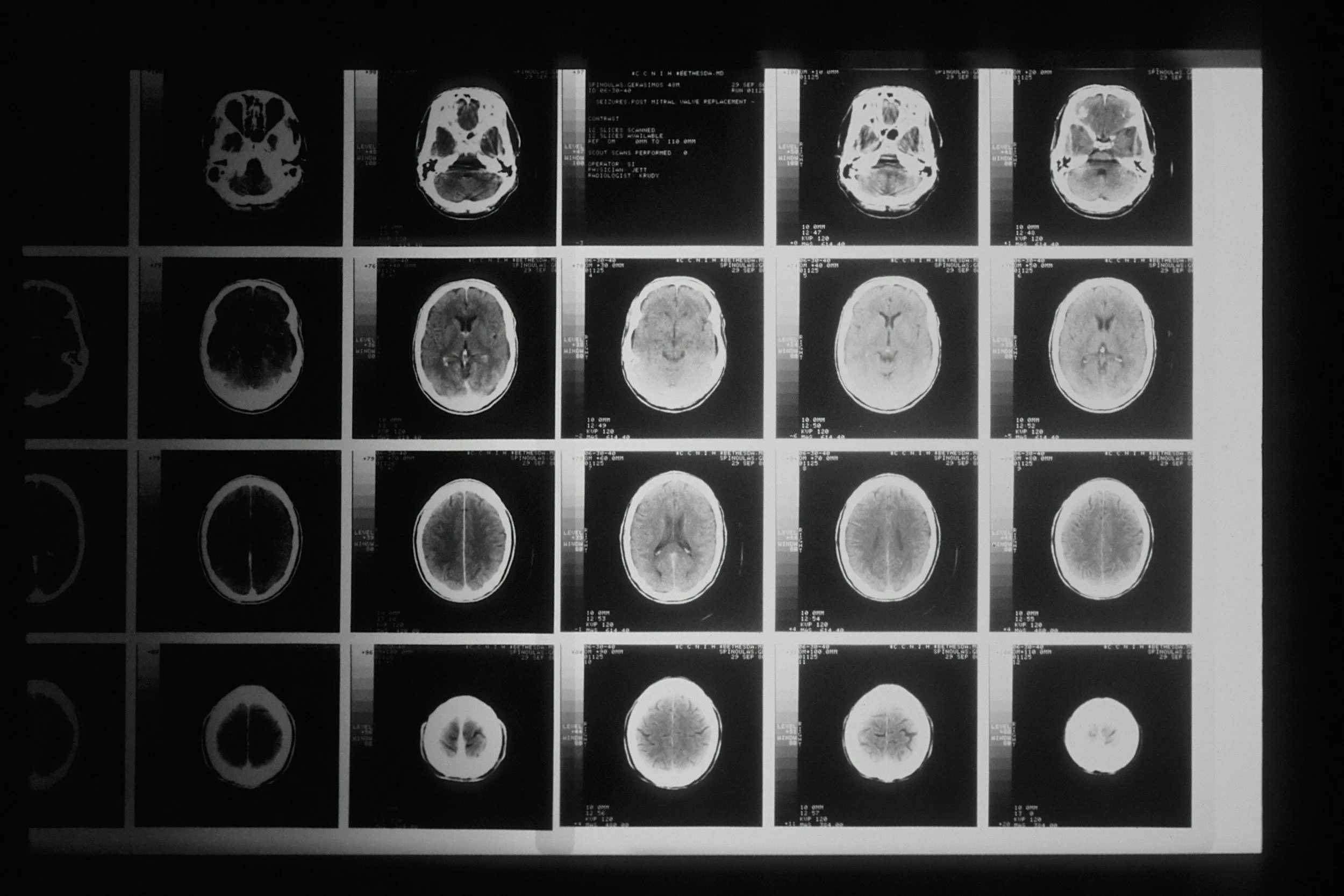Our Services
Our specialist neurology services are designed to provide comprehensive support across the diagnosis, treatment, and ongoing management of a wide range of neurological conditions. From initial consultations to advanced therapies, we offer care tailored to each patient’s unique needs.
With a focus on evidence-based practice and clear communication, our team works closely with patients, families, and other healthcare providers to ensure the best possible outcomes in managing complex neurological disorders.
Neurological Consultations
During a general neurology consultation, the neurologist will take a detailed medical history, including any current symptoms, past health issues, and relevant family history. This is followed by a thorough neurological examination to assess brain, spinal cord, and nerve function - checking things like reflexes, strength, coordination, sensation, and cognition. Based on the findings, further investigations such as blood tests, imaging (e.g. MRI or CT scans), or nerve studies may be recommended. The neurologist will then discuss the possible causes of symptoms, outline a diagnosis or differential diagnoses, and work with the patient to develop a personalised treatment or management plan.
Injectable Therapies
During an injectable therapy session, the neurologist will first review your symptoms and treatment goals to determine the appropriate injection sites and dosage. These therapies, such as botulinum toxin injections, are commonly used to manage conditions like migraine, dystonia, spasticity, hyperhidrosis, and hemifacial spasm. The procedure itself is typically quick and performed in the clinic using fine needles, with minimal discomfort and no need for sedation. You may begin to notice effects within a few days to two weeks, depending on the condition being treated. Follow-up appointments are usually scheduled to monitor your response and adjust treatment as needed.
Neurophysiology
Nerve conduction study / electromyography (NCS/EMG)
A nerve conduction study is an electrical test of the nerves. Electrodes are applied to the hands or feet and small electrical impulses are given at various sites along the limbs.
Electromyography is a test of the muscles and the nerves that control them. A fine needle is inserted into a muscle and the patient is asked to either relax or contract the muscle. Only some patients referred for NCS/EMG will need to have EMG performed, depending on the reason for referral.
The test takes approximately one hour. Patients may experience some minor discomfort during the test, but it is generally well tolerated.
Patient preparation:
Do not apply moisturiser to the skin the day of the test or since your last shower.
Wear clothes that give easy access to the elbows and knees. Long pants are fine as long as they stretch to be able to be pulled up to the knee.
If referred for testing of the arms or hands, keep your hands warm when arriving for the test. Wear gloves to the test if it is a cold day, if you have some.
Common conditions referred for investigation with NCS/EMG:
Carpal Tunnel Syndrome
Peripheral Neuropathy
Ulnar Neuropathy
Cervical Radiculopathy
Lumbar Radiculopathy/Sciatic pain
Somatosensory evoked potentials (SSEPs)
Upper limb and/or Lower limb
SSEPs evaluate the sensory signals along the entire nerve pathway from the periphery to the brain. Small repetitive electrical stimulation is given to the wrist, ankle or thigh and the responses are recorded from electrodes placed on the spine and head.
Common conditions referred for investigation with SSEPs:
Meralgia paraesthetica
Conditions affecting central sensory nerve pathways
Deep Brain Stimulation
During a deep brain stimulation (DBS) adjustment session, the neurologist or specialist nurse will assess your current symptoms and review how your DBS device is performing. Using a specialised programmer, they will fine-tune the device’s settings to optimise symptom control while minimising side effects. This process is personalised and may involve several adjustments over time, especially in the early stages after implantation. The session may also include medication review and coordination with your broader care team. Regular follow-up is important to ensure ongoing effectiveness and to adapt the therapy as your condition or needs change.





